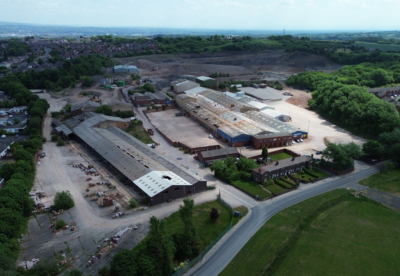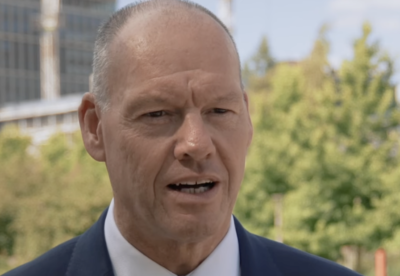The stricter regime was drawn up for the FRC by construction group chairman James Wates to help prevent major private company corporate failures.
It sets out plans to restore trust in businesses with a boardroom code that sets out the main executive’s purposes, structure and remuneration, which should be aligned to the long-term success of the firm and reflect pay elsewhere in the business.
From January 2019, the FRC wants large private business to follow six principles to inform and develop their corporate governance practices and adopt them on an ‘apply and explain’ basis.
This new reporting requirement applies to all companies that either employ more than 2,000 staff or have over £200m revenue.
The so-called Wates Principles encourage firms to adopt a set of key behaviours to secure trust and confidence among stakeholders and benefit the economy and society in general.
James Wates said: “I believe that good business, well done, is a force for good in society.
“The Wates Corporate Governance Principles are a tool for large private companies that helps them look themselves in the mirror, to see where they’ve done well, and where they can raise their corporate governance standards to a higher level.
“Good corporate governance is not about box-ticking It can only be achieved if companies think seriously about why they exist and how they deliver on their purpose then explain – in their own words – how they go about implementing the principles.
“That’s the sort of transparency that can build the trust of stakeholders and the general public.”
The six principles
- Purpose and Leadership – An effective board develops and promotes the purpose of a company and ensures that its values, strategy and culture align with that purpose.
- Board Composition – Effective board composition requires an effective chair and a balance of skills, backgrounds, experience and knowledge, with individual directors having sufficient capacity to make a valuable contribution. The size of a board should be guided by the scale and complexity of the company.
- Board Responsibilities – The board and individual directors should have a clear understanding of their accountability and responsibilities. The board’s policies and procedures should support effective decision-making and independent challenge.
- Opportunity and Risk – A board should promote the long-term sustainable success of the company by identifying opportunities to create and preserve value and establishing oversight for the identification and mitigation of risks.
- Remuneration – A board should promote executive remuneration structures aligned to the long-term sustainable success of a company, taking into account pay and conditions elsewhere in the company.
- Stakeholder Relationships and Engagement – Directors should foster effective stakeholder relationships aligned to the company’s purpose. The board is responsible for overseeing meaningful engagement with stakeholders, including the workforce, and having regard to their views when taking decisions.
Business Secretary Greg Clark, said: “These principles drawn up in consultation with businesses, investors and unions further strengthen our business framework.
“From defining a company purpose at board-level, to embracing a diversity of skills and backgrounds in the boardroom. I expect to see our bigger private businesses build on the work they are already doing and take action to support and adopt these practical steps to ensure our businesses continue to inspire public trust and confidence.”
“The FRC is pleased to be leading this work with James. Large private companies impact widely on society and play an important role in the UK economy. Through promoting positive corporate behaviours these principles have the potential to help restore trust in business and contribute to long-term sustainable growth in the UK economy.”








 (300 x 250 px) (2).png)
















































